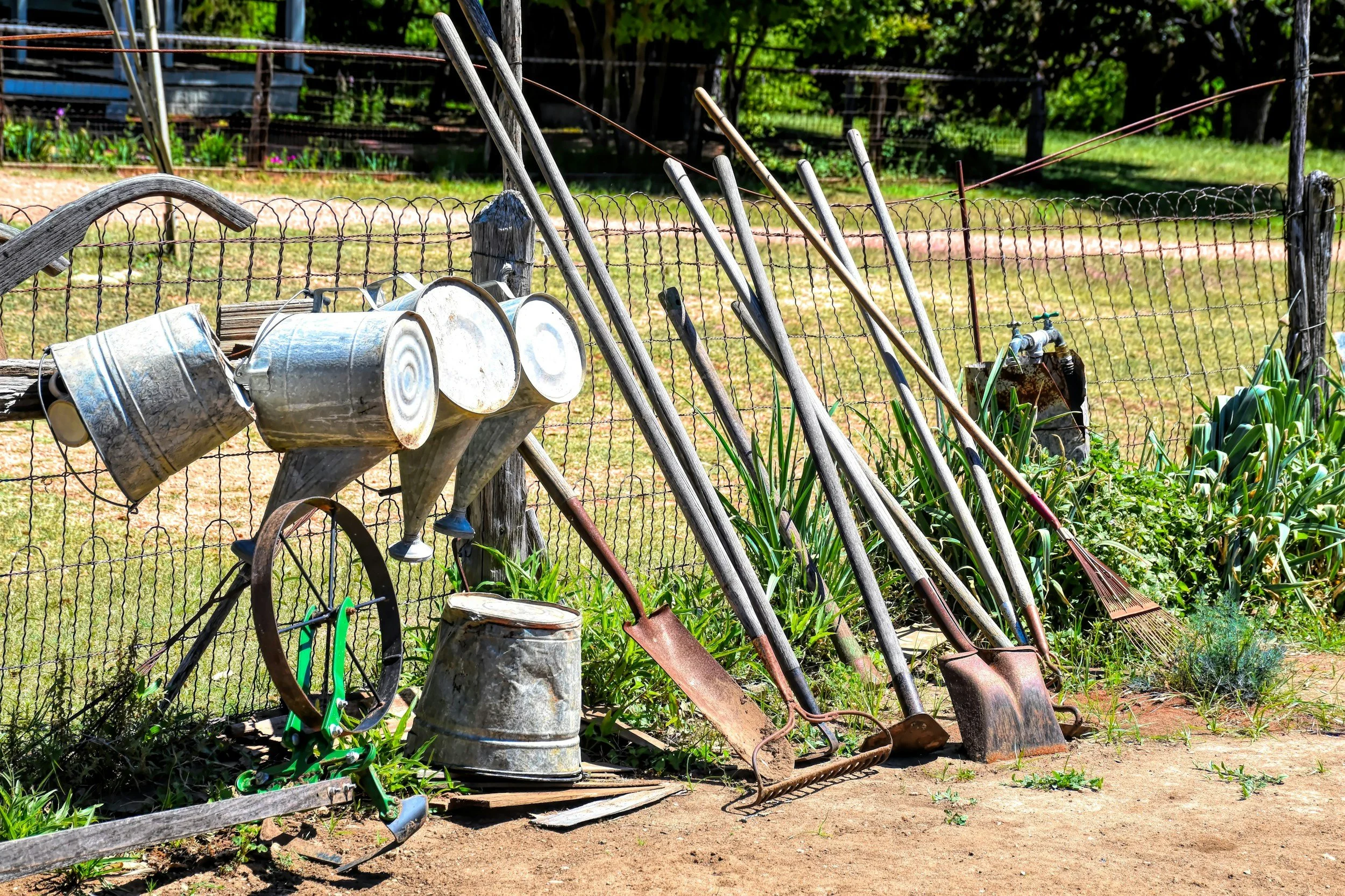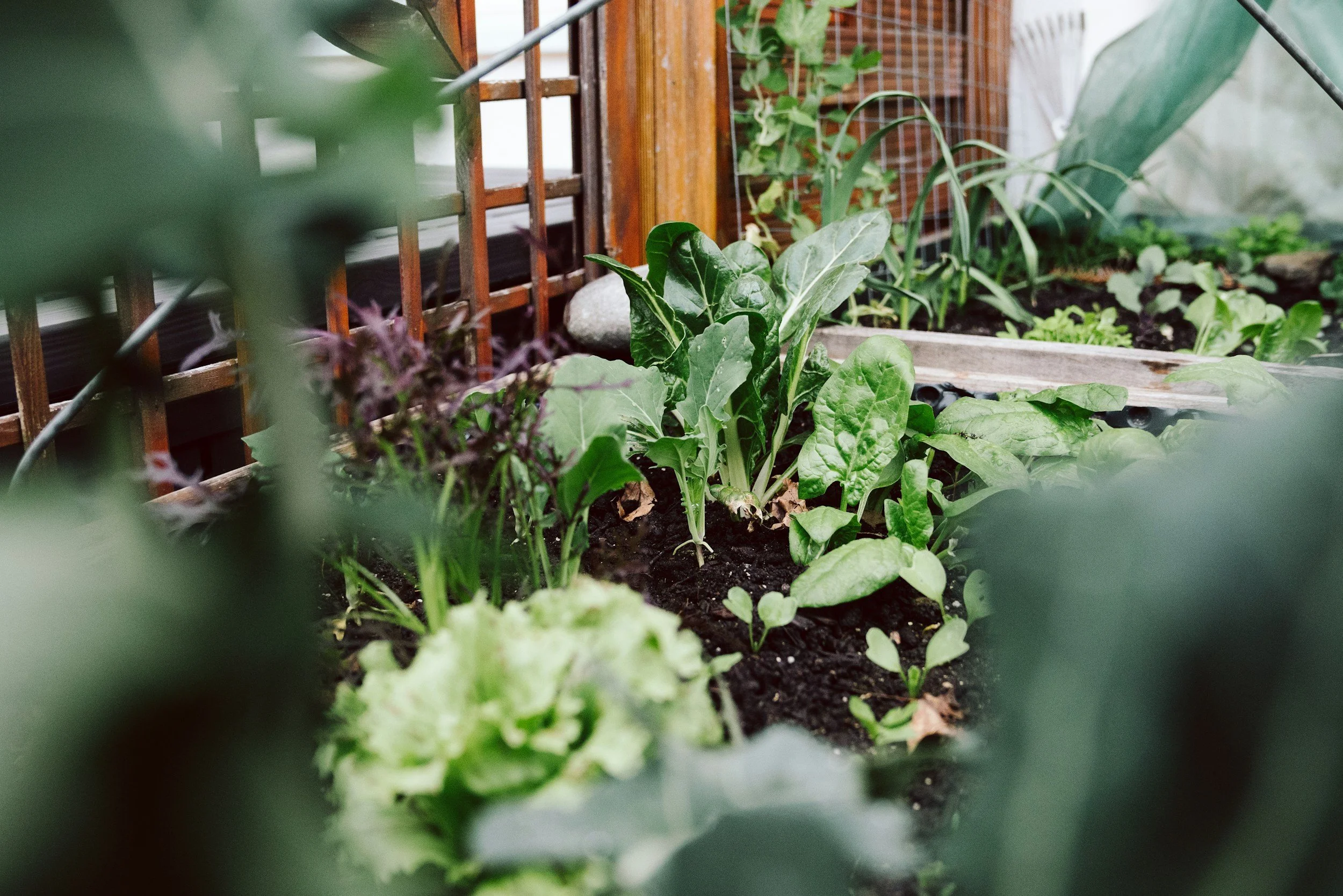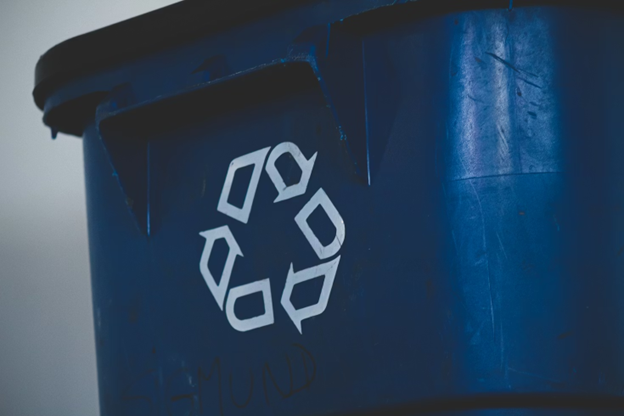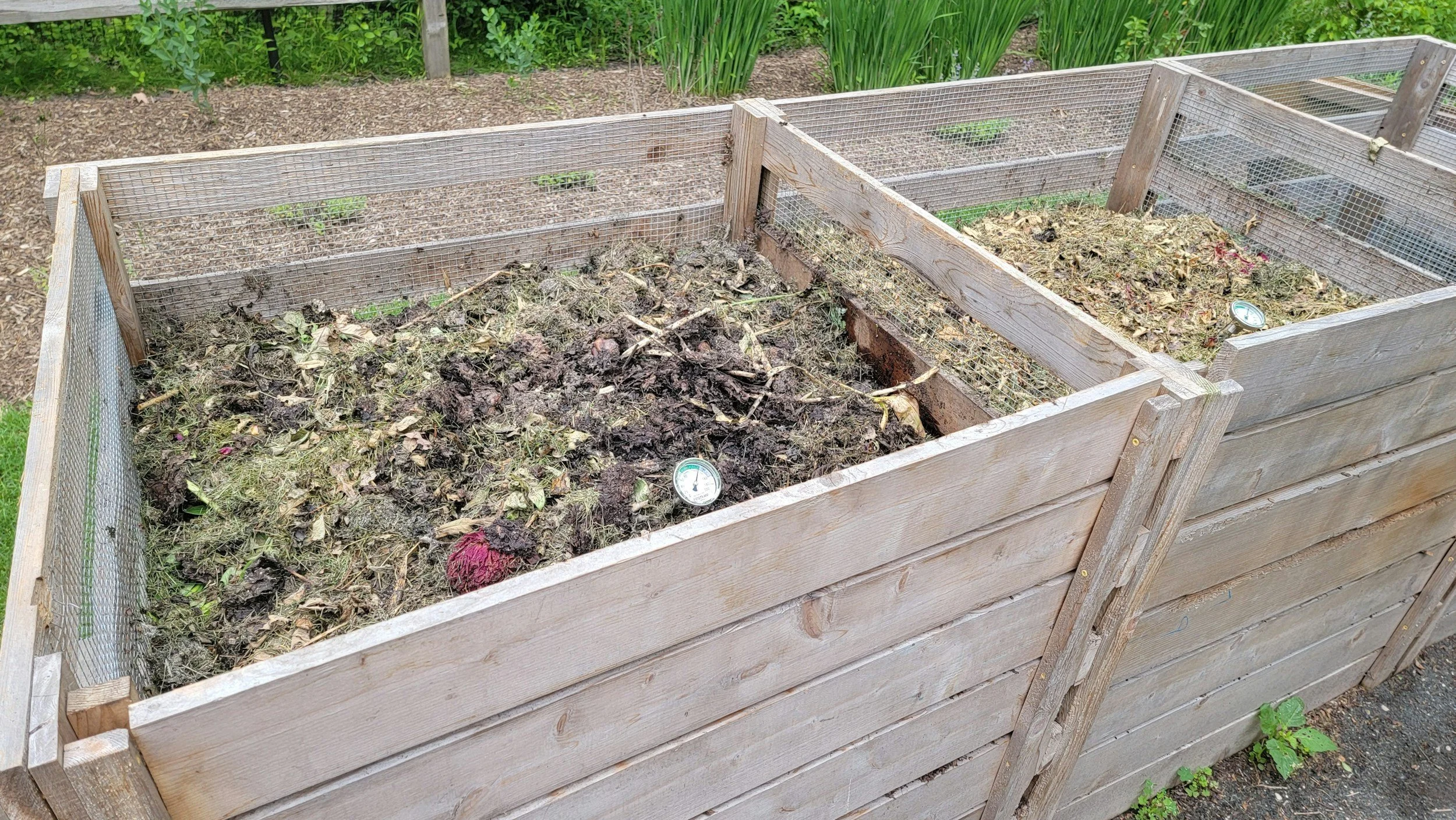The Environmental Impact of Insulated Water Bottles
/In the pursuit of sustainability and reducing our ecological footprint, it is important to evaluate the environmental consequences of everyday items. Insulated water bottles have gained popularity in recent years due to their ability to keep beverages at desired temperatures for extended periods of time. These bottles offer numerous benefits beyond their functional features, warranting a closer examination of their environmental impact and their potential contribution to a greener future. They can be an easy, sustainable choice for people from all walks of life. This convenience makes them ideal for individuals trying to "go green" without making extreme or costly changes to their lifestyles.
Durability and Longevity
Insulated water bottles are constructed using robust materials such as stainless steel or BPA-free plastic, ensuring longevity. In contrast to single-use plastic bottles, which are discarded after a single use and end up in oceans and landfills, insulated bottles can withstand the test of time. Their durability ensures an extended lifespan, significantly reducing waste generation. Opting for an insulated water bottle is a conscious choice to minimize individual contributions to the growing accumulation of single-use plastics. In other words, it won't add to the trillions of pieces of trash already clogging up the Earth's natural ecosystems.
Reduction in Single-Use Plastic Consumption
One of the notable advantages of insulated water bottles is their potential to decrease reliance on single-use plastic bottles. The convenience of owning a reusable bottle that can be refilled repeatedly discourages the need to purchase bottled water. Environmental studies have shown that millions of plastic bottles are discarded daily, taking centuries to decompose. By selecting an insulated water bottle, individuals can reduce their reliance on single-use plastics and help mitigate the environmental impact associated with their production and disposal. Less demand means less production and less production means less waste overall.
Energy Conservation in Beverage Cooling and Heating
Insulated water bottles significantly contribute to energy conservation. Their efficient insulation properties obviate the need for refrigeration or heating appliances to maintain desired beverage temperatures. As previously mentioned, traditional plastic bottles require constant refrigeration or ice replenishment, resulting in excessive energy consumption. Conversely, insulated bottles retain the temperature of liquids for prolonged periods, eliminating the continuous need for energy input. This energy-saving attribute translates into reduced greenhouse gas emissions and a more sustainable approach to enjoying hot or cold beverages on the go.
Contribution to Water Conservation
An insulated water bottle can play a crucial role in water conservation efforts. The availability of a reusable bottle encourages individuals to carry water from home or refill it from trusted sources, reducing reliance on bottled water companies. This practice greatly minimizes the strain on freshwater sources since companies will have less demand from consumers. The practice can also decrease the environmental impact associated with extracting, packaging, and transporting bottled water. Supply chains can be a big drain on the environment, so anything that reduces the need for long-haul trucks and planes is a step in the right direction. By opting for insulated bottles, individuals contribute to the preservation of this precious resource, promoting sustainable water management and conservation.
Temperature Regulation Leading to Less Waste
Insulated water bottles offer temperature regulation capabilities that help reduce waste throughout the day. With the ability to keep beverages hot or cold for extended periods, individuals are less likely to discard unfinished drinks. In conventional single-use bottles, the lack of insulation often results in beverages becoming lukewarm or undrinkable after a short period. Consequently, unnecessary waste occurs as half-empty or unpalatable drinks are frequently disposed of and replaced. The temperature-maintaining properties of insulated water bottles can minimize beverage waste and promote a more sustainable lifestyle.
Conclusion
As the world strives to adopt more eco-friendly practices in everyday life, insulated water bottles emerge as a simple solution with significant impact. These bottles promote durability, reduce reliance on single-use plastics, conserve energy, contribute to water conservation, and minimize beverage waste. Opting for an insulated water bottle allows individuals to make a positive difference in the environment. It's a step towards a greener future as well as an easy and affordable choice to make for people from all lifestyles. Overall, it's an ideal method for embracing sustainable alternatives and paving the way for a more environmentally conscious society.
About the Author:
Miranda Spears is a Texas native who after graduating from the University of Texas at Austin, spends her time as a freelance writer. When not writing, Miranda enjoys horseback riding, shopping, trying new recipes, and spending time with her lovely little pug, Gizmo.







































